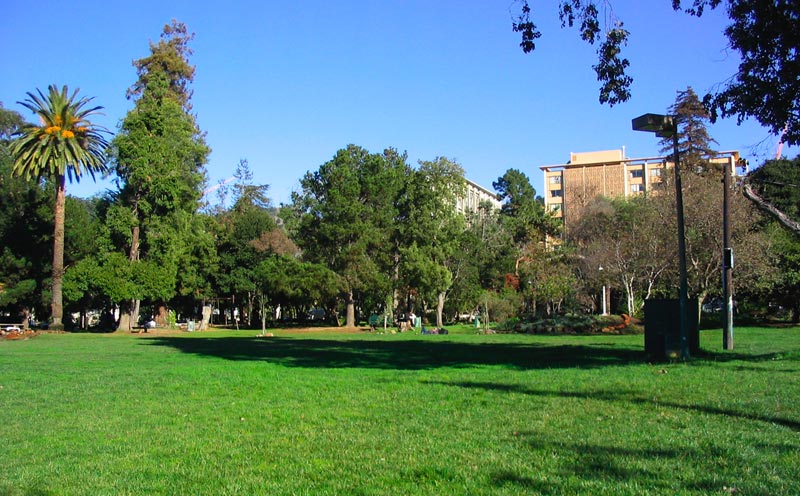The Latest From The Partisan Defense Committee Website-
James P.Cannon (center)-Founding leader of The International Labor Defense- a model for labor defense work in the 1920s and 1930s.
Click below to link to the Partisan Defense Committee website.
Reposted from the American Left History blog, dated December 1, 2010.
Markin comment:
I like to think of myself as a fervent supporter of the Partisan Defense Committee, an organization committed to social and political defense cases and causes in the interests of the international working class. And an organization committed, at this time of the year, to raising funds to support the class-war prisoners’ stipend program through the annual Holiday Appeal drive. Unfortunately having to raise these funds in support of political prisoners for many years now, too many years, as the American and international capitalist class and their hangers-on have declared relentless war, recently a very one-sided war, against those who would cry out against the monster. Attempting to silence voices from zealous lawyers, articulate death row prisoners, anti-fascist street fighters to black liberation fighters who ended up on the wrong side of a cop and state vendetta and anti-imperialist fighters who took Che’s admonition to wage battle inside the “belly of the beast” seriously. Others, other militant fighters as well, too numerous to mention here but remembered.
Normally I do not need any prompting in the matter. This year, however, in light of the addition of Attorney Lynne Stewart* (yes, I know, she has been disbarred but that does not make her less of a people’s attorney in my eyes) to the stipend program, I read the 25th Anniversary Appeal article in Workers Vanguard No. 969 where I was startled to note how many of the names, organizations, and political philosophies mentioned there hark back to my own radical coming of age, and the need for class-struggle defense of all our political prisoners in the late 1960s (although I may not have used that exact term at the time).
That recognition included names like black liberation fighter George Jackson, present class-war prisoner Hugo Pinell’s San Quentin Six comrade; the Black Panthersin their better days, the days when the American state really was out to kill or detain every last supporter, and in the days when we needed, desperately needed, to fight for their defense in places from Oakland to New Haven, as represented by two of the Omaha Three (Poindexter and wa Langa), in their better days; the struggle, the fierce struggle, against the death penalty as represented in Mumia’s case today; the Ohio 7 and the Weather Underground who, rightly or wrongly, were committed to building a second front against American imperialism, and who most of the left, the respectable left, abandoned; and, of course, Leonard Peltier and the Native American struggles from Pine Ridge to the Southwest. It has been a long time and victories few. I could go on but you get the point.
That point also includes the hard fact that we have paid a high price, a very high price, for not winning back in the late 1960s and early 1970s when we last had this capitalist imperialist society on the ropes. Maybe it was political immaturity, maybe it was cranky theory, maybe it was elitism, hell, maybe it was just old-fashioned hubris but we let them off the hook. And have had to fight forty years of rear-guard “culture wars” since just to keep from falling further behind.
And the class-war prisoners, our class-war prisoners, have had to face their “justice” and their prisons. Many, too many for most of that time. That lesson should be etched in the memory of every pro-working class militant today. And this, as well, as a quick glance at the news these days should make every liberation fighter realize; the difference between being on one side of that prison wall and the other is a very close thing when the bourgeois decides to pull the hammer down. The support of class-war prisoners is thus not charity, as International Labor Defense founder James P. Cannon noted back in the 1920s, but a duty of those fighters outside the walls. Today I do my duty, and gladly. I urge others to do the same now at the holidays and throughout the year. The class-war prisoners must not stand alone.






